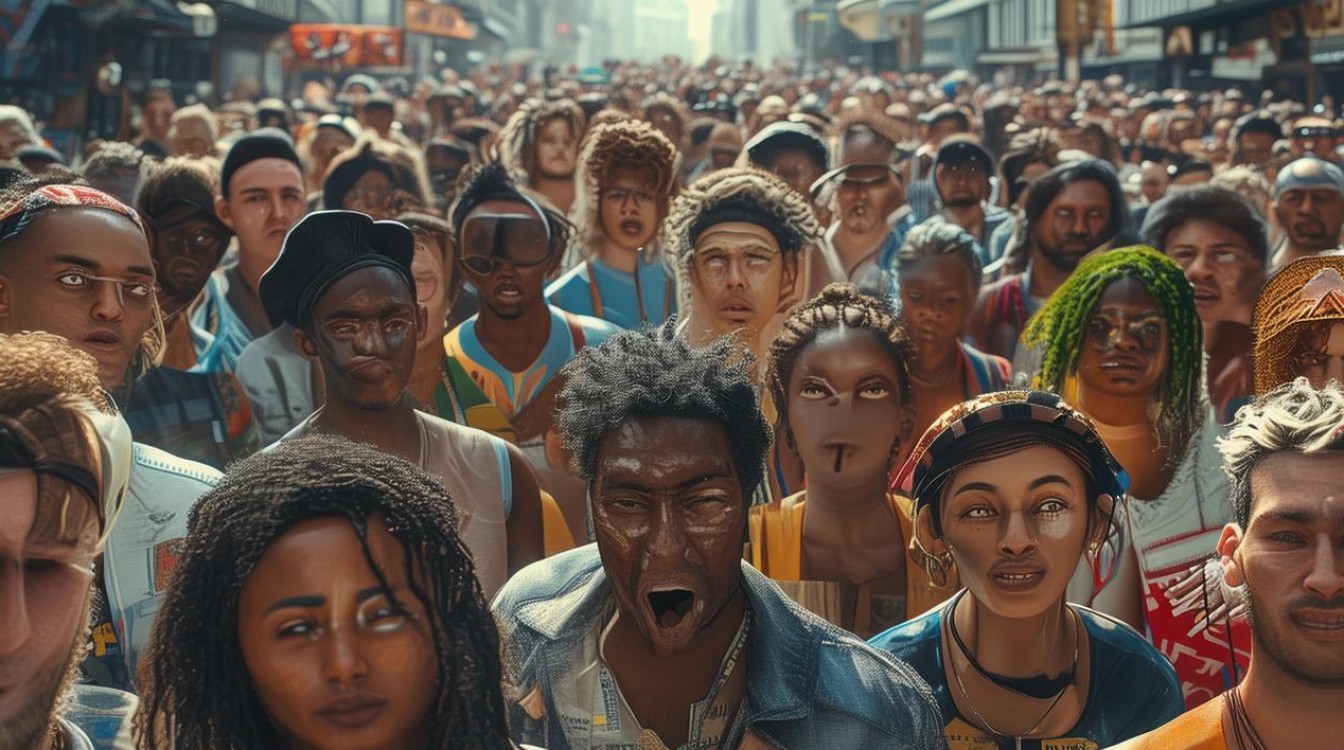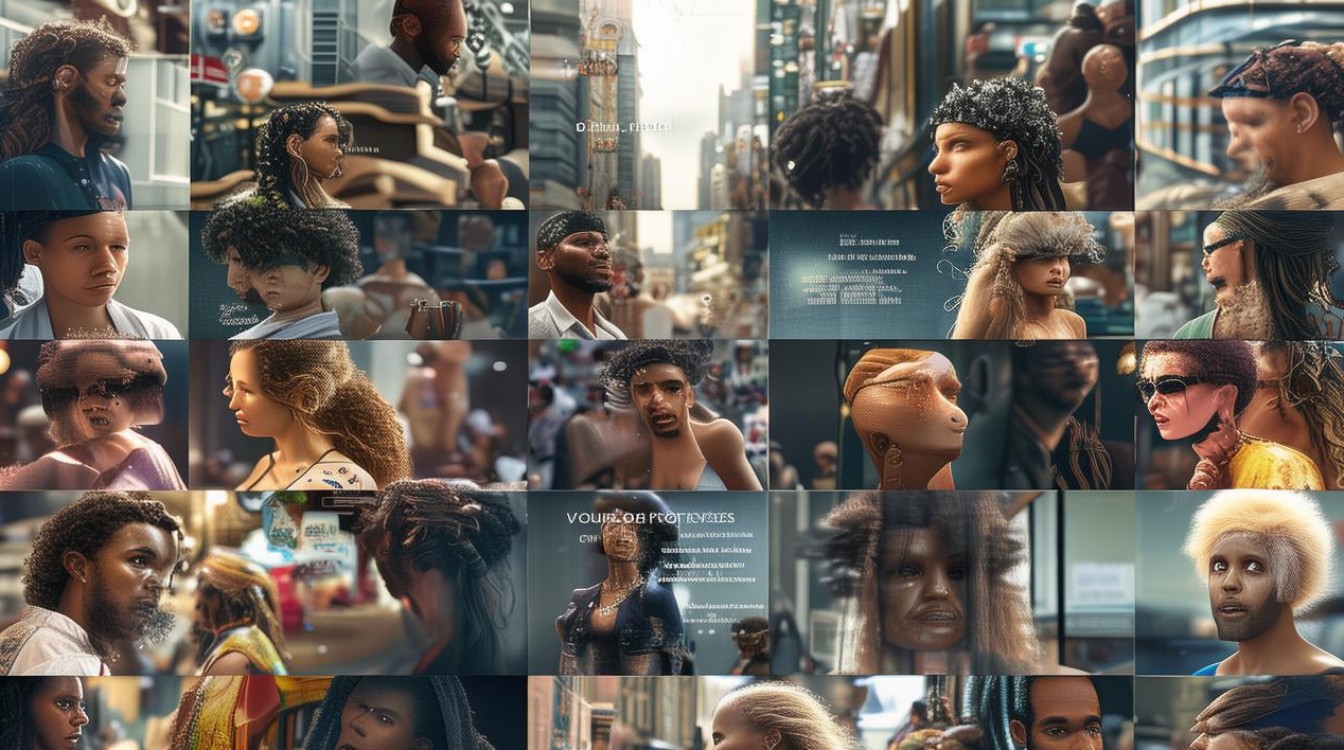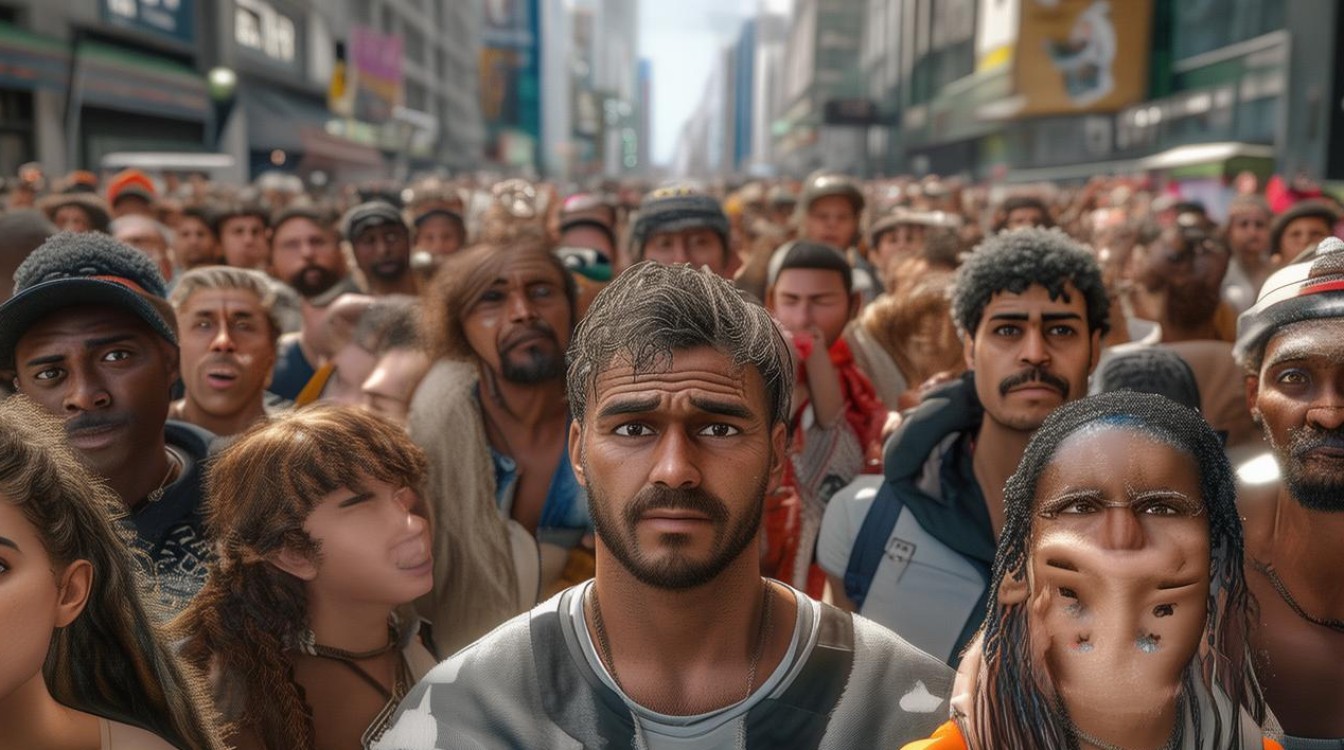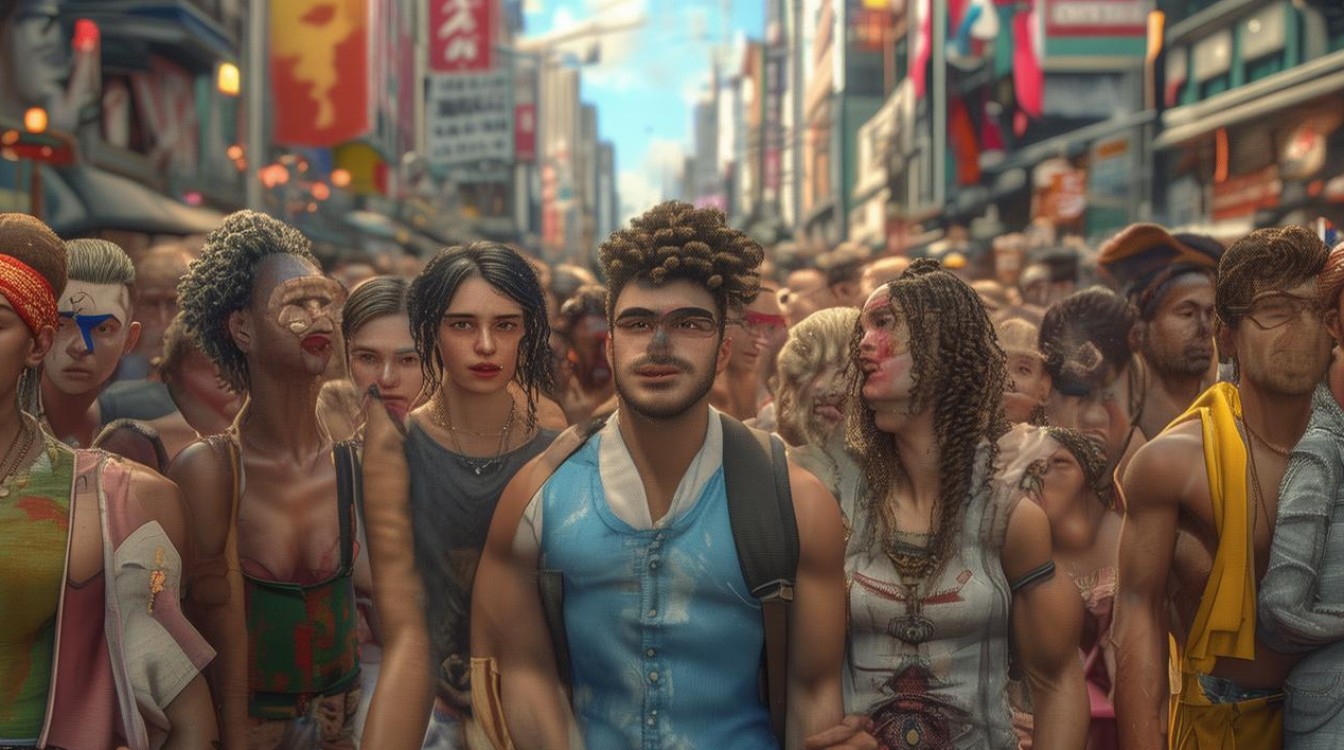In today’s interconnected world, social competition has evolved into a complex phenomenon shaped by technological advancements, economic shifts, and cultural transformations. The relentless pursuit of success, whether in education, careers, or personal development, has become a defining characteristic of modern life. Understanding this landscape requires examining its drivers, consequences, and the strategies individuals employ to navigate it.

The Drivers of Intensified Competition
Globalization and digitalization have erased geographical boundaries, creating a unified arena where talent and ideas compete on an unprecedented scale. The rise of platforms like LinkedIn, GitHub, and freelance marketplaces means professionals must now contend with peers from every corner of the world. This hyper-connectivity has raised the bar for excellence, making specialization and continuous learning non-negotiable.
Economic instability further fuels competition. Job markets fluctuate, industries disrupt, and automation threatens traditional roles. In response, individuals feel pressured to acquire diverse skill sets, often juggling multiple roles to remain relevant. The gig economy, while offering flexibility, has also intensified rivalry as workers vie for short-term contracts and project-based opportunities.
The Psychological and Social Impact
The pressure to outperform peers carries significant psychological tolls. Burnout, anxiety, and imposter syndrome are increasingly common, particularly among younger generations. Social media exacerbates this by showcasing curated versions of success, creating unrealistic benchmarks. The constant comparison can erode self-esteem, fostering a culture where self-worth is tied to external validation.
Yet, competition isn’t inherently negative. It drives innovation, pushes boundaries, and rewards merit. The challenge lies in balancing ambition with well-being. Societies that prioritize mental health resources, foster collaborative environments, and celebrate diverse definitions of success tend to mitigate the harsher effects of rivalry.

Strategies for Thriving in a Competitive World
-
Lifelong Learning: The half-life of skills is shrinking. Staying ahead demands a commitment to upskilling, whether through formal education, online courses, or self-directed study. Platforms like Coursera and edX democratize access to knowledge, leveling the playing field.
-
Networking with Purpose: Building genuine professional relationships can open doors unreachable through merit alone. Mentorship, peer collaborations, and community engagement create ecosystems of mutual growth rather than zero-sum games.
-
Embracing Adaptability: Rigidity is a liability in volatile markets. Those who pivot swiftly—whether by adopting new technologies or shifting industries—gain a competitive edge.
-
Mindfulness and Resilience: Sustainable success requires emotional fortitude. Practices like meditation, journaling, and therapy help maintain clarity and prevent burnout.

The Role of Policy and Education
Governments and institutions play pivotal roles in shaping competitive environments. Policies promoting equitable access to education, healthcare, and childcare reduce systemic barriers, allowing talent to flourish irrespective of background. Finland’s education system, for instance, emphasizes collaboration over rankings, producing well-rounded individuals without cutthroat pressure.
Similarly, corporations must rethink workplace cultures. Google’s "20% time" policy, which encourages employees to pursue passion projects, demonstrates how fostering creativity can yield breakthroughs while reducing stress.
A Personal Reflection
Competition is neither good nor bad—it’s a tool. Its value depends on how we wield it. When harnessed ethically, it propels societies forward. When left unchecked, it breeds inequality and exhaustion. The future belongs to those who compete not just against others, but with themselves, striving for growth without sacrificing humanity.
The discourse around social competition must shift from fear to empowerment. By redefining success as a journey rather than a destination, we can cultivate environments where ambition and well-being coexist. The choice isn’t between competing or opting out—it’s about competing wisely.






